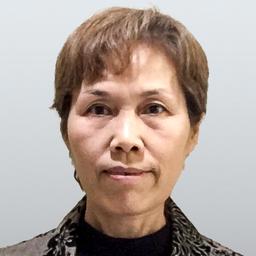Based on a systematic review of 17 medical studies, a recently published paper has raised questions and sparked debate about the chemical imbalance theory of depression. Although the study did not perform additional research, after synthesizing and evaluating evidence in the principal relevant areas, the authors conclude the longstanding theory is unproven.
Serotonin is a monoamine neurotransmitter, a chemical that regulates mood, sleep, appetite, and sexual desire. The chemical imbalance theory suggests that depression is caused by lowered serotonin levels in the brain.






